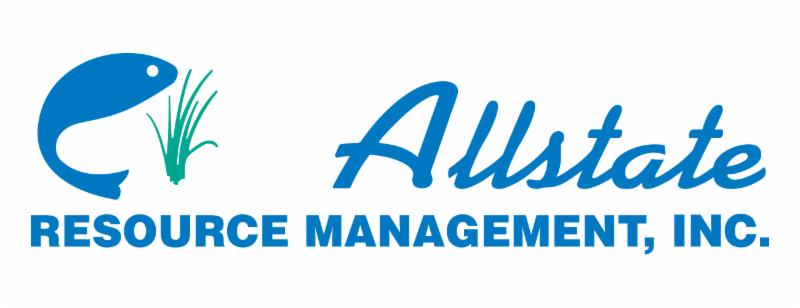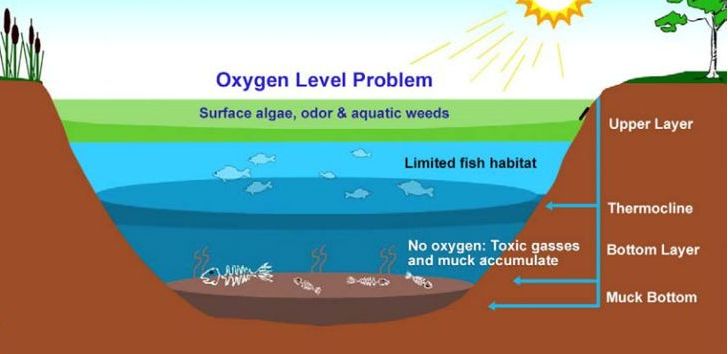ATTN: CONDOMINIUM & COOPERATIVE Required Building Reporting Deadline January 1, 2023 From the Florida Department of Business & Professional Regulation

ATTN: CONDOMINIUM & COOPERATIVERequired Building ReportingDeadline January 1, 2023 |
|
From the Florida Department of Business & Professional Regulation |
718.501(3)(a), F.S./Senate Bill SB4D requires all condominium and cooperative associations with buildings 3 stories or higher to report the following information to the Division of Florida Condominium, Timeshares and Mobile Homes on or before January 1, 2023.
- The number of buildings on the condominium property that are three (3) stories or higher in height.
- The total number of units in all such buildings
- The addresses of all such buildings.
- The counties in which all such buildings are located.
You may submit this information electronically at: ctmhbuildingreporting@myfloridalicense.com
or
by USPS mail or hand delivery to:
Division of Florida Condominiums, Timeshares and Mobile Homes
Attention: Building Reporting
2601 Blair Stone Road Tallahassee, FL 32399-1030
For emailing or USPS mailing, we prepared this form for you to use: Click HERE.
condo-cooperative-building-reporting_web
You may also provide your association’s information to the Division by simply completing and submitting the Building Reporting form, via this link:
http://www.myfloridalicense.com/DBPR/condos-timeshares-mobile-homes/building-report/
Tags: Alert, SFPMA Articles, SFPMA Members News
















 When PSI Roofing performs your annual roof maintenance, we can lock in your cost and provide a
When PSI Roofing performs your annual roof maintenance, we can lock in your cost and provide a 